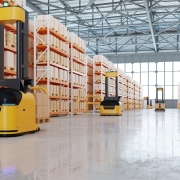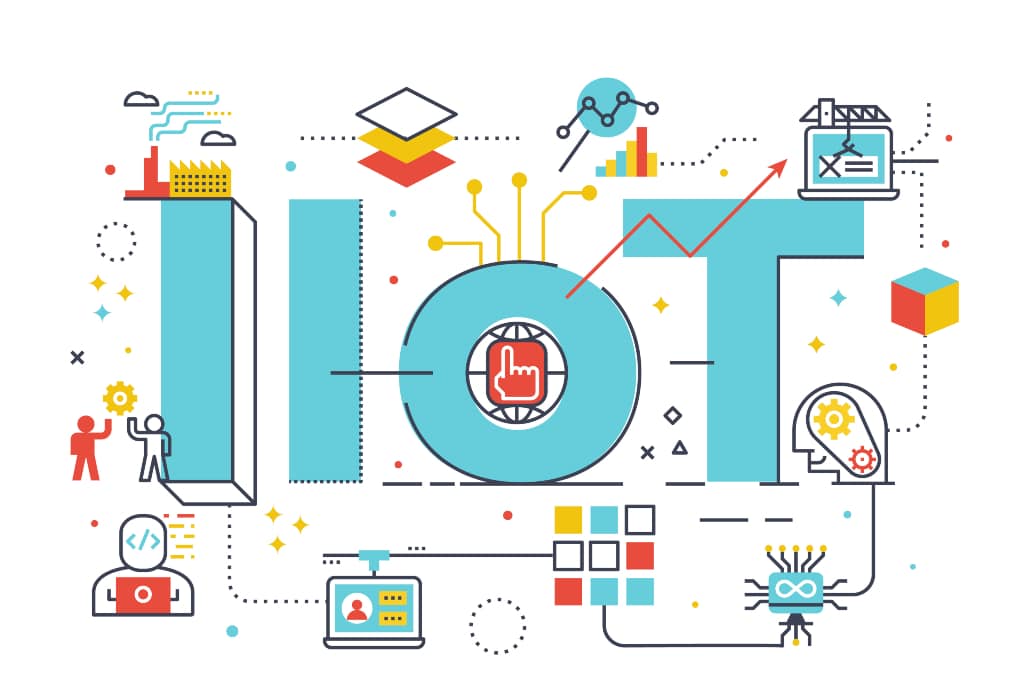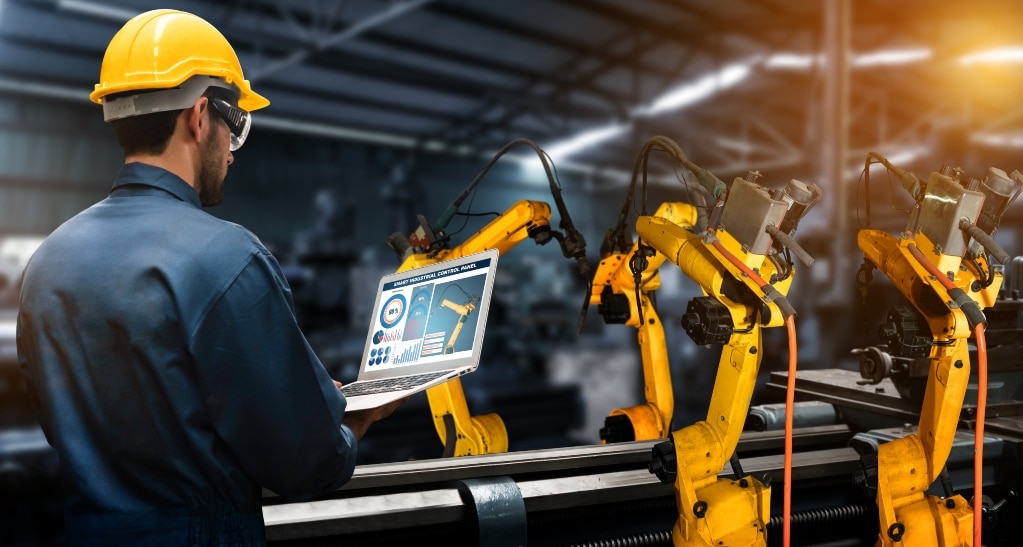How does automation contribute to a more sustainable planet?
Automation plays a critical role in creating sustainable industries and businesses by offering numerous benefits in terms of energy efficiency, waste reduction, resource conservation, and improved environmental practices. As awareness of sustainability increases, companies are turning to automation to streamline their processes and minimize their impact on the environment.
On the other hand, the industry, as one of the largest consumers of energy and generators of pollutants, needs to increase its sustainability and efficiency to meet global objectives in this area such as the 2030 Agenda. Thanks to technological development in which Industry 4.0 and automation play a fundamental role, there are solutions that allow optimizing production processes to achieve maximum energy and operational efficiency.
Benefits of automation in sustainability

First, automation contributes to energy efficiency by minimizing energy consumption in industrial processes. Automated systems are designed to optimize energy use, automatically shutting down equipment when not in use and adjusting power levels as needed. In addition, the integration of sensors and smart devices allows real-time monitoring and precise control of energy consumption, which makes it easier to identify savings opportunities and implement measures to reduce consumption.
Another key aspect is waste reduction. Automation allows greater precision in manufacturing processes. This minimizes errors and decreases the number of defective or scrapped products. In addition, automation optimizes the use of raw materials by ensuring exact dosing and avoiding unnecessary waste. This not only reduces the costs associated with waste management, but also contributes to the conservation of natural resources and the promotion of more sustainable practices.
Sustainability focused automation also facilitates the implementation of environmental practices in the industry, such as monitoring and control of emissions. Automated systems can track and record polluting gas emissions, facilitating the identification of areas for improvement and the implementation of measures focused on reducing environmental impact. In addition, automation allows a more efficient management of water resources through the control of consumption and waste.
In addition to the environmental benefits, automation can have a positive social and economic impact. By optimizing processes and increasing productivity, automation creates higher-quality jobs and fosters innovation in industry. Similarly, the reduction in operating costs associated with automation allows companies to invest in additional sustainable practices and promote a more responsible supply chain.
For example, Toyota is recognized as a leading company in the implementation of sustainable practices in the automotive industry. The company has embraced automation as a way to improve efficiency and reduce its environmental impact. The company has implemented automated systems throughout the production process. Robots and automated machines handle tasks like welding, assembling, and painting vehicles. This has not only improved the precision and quality of the products, but has also optimized the use of materials and reduced waste.
In addition, the company has incorporated renewable energy and energy efficiency technologies into its operations. Toyota’s focus on automation and sustainability has resulted in more efficient production, reduced waste and decreased environmental impact. This demonstrates how automation can help create sustainable industries by optimizing resources and promoting more responsible practices from an environmental perspective.
The Objectives of the 2030 Agenda to which automation contributes
The automation of industries contributes to several objectives of the 2030 Agenda for Sustainable Development established by the United Nations. Here are some of the key goals and how automation can contribute to them:
Goal 7, Affordable and clean energy: Automation enables greater energy efficiency by optimizing energy consumption in industrial processes. Automated systems can precisely control and adjust energy use, thereby reducing greenhouse gas emissions and promoting the use of renewable energy sources.
Goal 9, Industry, innovation and infrastructure: Automation is essential to drive innovation in industry and improve productive infrastructure. The adoption of automated and digital technologies enables greater efficiency and productivity, which in turn drives sustainable economic growth and encourages quality job creation.
Goal 12, Responsible consumption and production: Automation can help reduce resource waste and improve production efficiency. By optimizing processes, automation reduces waste and minimizes excessive consumption of raw materials, thus promoting more sustainable and responsible production.
Goal 13, Climate Action: Automation contributes to climate change mitigation by reducing greenhouse gas emissions in industrial production. Energy efficiency and the optimization of resources through automation help to minimize environmental impact and promote more sustainable practices in the industry.
Goal 17, Partnerships to achieve the goals: Automation encourages collaboration and partnerships between different sectors and actors involved in promoting sustainability. The implementation of automated technologies requires cooperation between companies, governments, organizations and communities to share knowledge, resources and good practices, with the common goal of advancing towards sustainable development.
Therefore, automation plays a fundamental role in the search for sustainability in various economic sectors. It is an essential technological tool that improves operational efficiency, reduces energy consumption and minimizes environmental impacts. That is why it is essential to have the best professionals and experts in the implementation of automated solutions, a strategic decision that promotes sustainability and responsible growth in industries and companies today and in the future.









